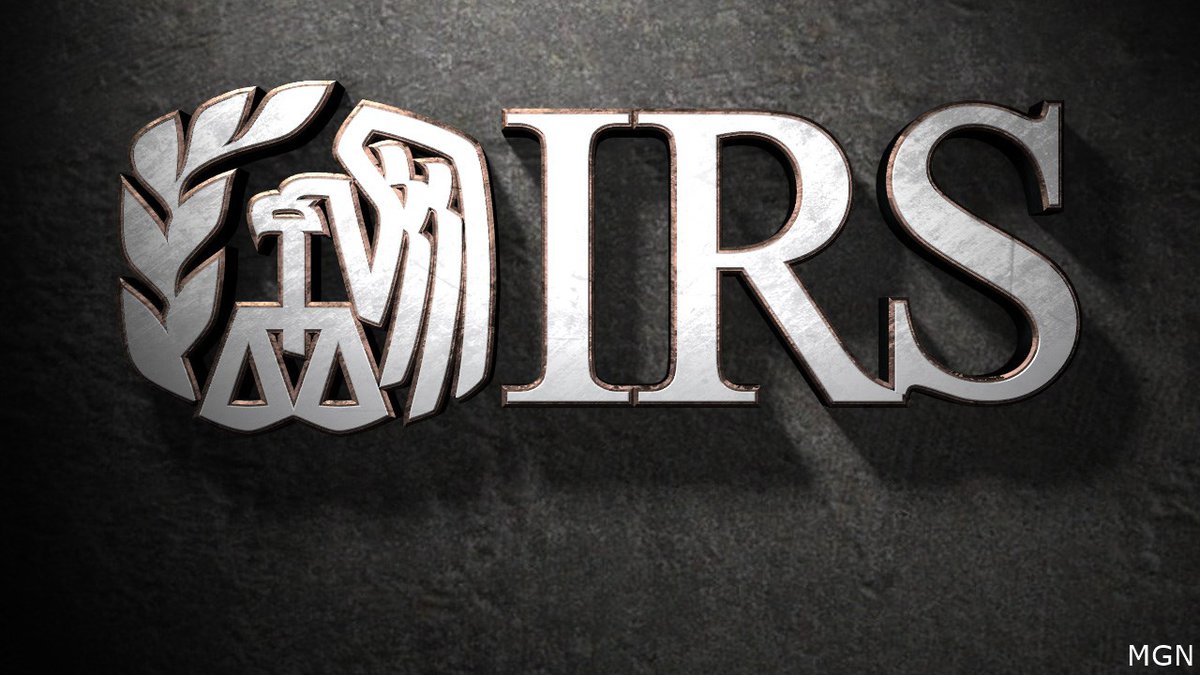
ERC program was established under the Coronavirus Aid, Relief, and Economic Security Act (CARES Act) to offer support to struggling businesses dealing with payroll responsibilities during the COVID-19 pandemic and is widely discussed among business owners. Refundable tax credits can be used to offset employer taxes under the ERC. In short, it gives companies a financial lifeline during hard times. The time frame for claiming these credits is from March 13, 2020, through the third quarter of 2021 (with the exception of "recovery start-up businesses" that began operations after February 15, 2020, which can claim credits for the fourth quarter only). Businesses have until April 15, 2024 for the 2020 calendar quarters and April 15, 2025 for the 2021 calendar quarters to submit claims for ERC. This can be done by filing an amended payroll tax return using Form 941X. Businesses must meet specified eligibility requirements, spanning under either the revenue test or the suspension of services test, in order to be eligible for ERC. [1]
Despite the fact that the ERC program was intended to offer crucial support to struggling firms, it regrettably became a target for dishonest third-party promoters. These promoters enticed and misled taxpayers into making improper ERC claims while charging exorbitant fees as a percentage of the ERC refunds. The ease of the application process, lack of stringent IRS enforcement, and insufficient guidance on ERC eligibility criteria led to widespread fraud and abuse, resulting in billions of dollars in false or inflated ERC claims. Consequently, despite an initial budget allocation of approximately $$85 billion, theTreasury Inspector General reported alarming figures: as of March 10, 2022, the IRS identified 11,096 returns with over $2 trillion in questionable credit claims, with more than 2.5 million claims submitted. The ERC program also had ripple effects on the mergers and acquisitions (M&A) sector, causing buyers to be increasingly concerned about ERC misuse and audit risks related to their business acquisitions. In turn, this led to higher transaction costs for investigation, insurance, and other measures aimed at reducing the risk of an audit connected to the ERC.
In recent times, the IRS has significantly heightened its scrutiny of incorrect Employee Retention Credit (ERC) claims, leading to the inclusion of ERC on the IRS's "Dirty Dozen" list of tax-related schemes for 2023. Under the guidance of Carolyn Schenck, the IRS national fraud counsel, the agency is actively exploring various enforcement options to address questionable ERC claims, which may involve imposing criminal and civil penalties on third parties who promote ERC-related schemes. As of April 20, the IRS had initiated 122 criminal investigations pertaining to potentially fraudulent ERC claims amounting to over $1.2 billion, as disclosed by a member of the House Ways and Means Committee.
In response to this growing issue, the IRS has taken steps to provide more transparent legal guidance concerning ERC regulations. Furthermore, on July 25, 2023, the IRS conducted a webinar aimed at disseminating essential information on ERC eligibility, compliance requirements, and strategies for identifying and reporting instances of fraud.
Here is a summary of the recent IRS guidance:
- As of June 30, 2023, the IRS has released General Legal Advice Memorandum AM 2023-005,shedding further light on the Employee Retention Credit (ERC) eligibility criteria, particularly in relation to supply chain disruptions as per the suspension of operations test. This memorandum provides crucial clarifications, indicating that a complete or partial suspension of operations could be deemed to have occurred if an employer's suppliers were incapable of delivering essential goods or materials due to a government-mandated shutdown order. However, it is essential to underscore the memorandum's emphasis on the restricted scope of the supply-chain disruption claim. It unequivocally states that employers must be able to substantiate the link between the disruption and a governmental order; otherwise, they will not qualify for the ERC.
- Final regulations D. 9978, were issued by the Treasury Department and the IRS on July 24, 2023, covering multiple sections of the Internal Revenue Code. These regulations enable erroneous refunds associated with pandemic-related employment credits, such as the Employee Retention Credit (ERC), paid sick leave, and paid family leave, to be categorized as tax underpayments. As a result, they become subject to assessment and administrative collection procedures. These newly released regulations replace temporary regulations that were issued in September 2021 (T.D. 9953).
- On July 26, 2023, the IRS issued a news release IR-2023-135, cautioning businesses and taxpayers about deceptive marketing tactics employed by ERC promoters, scams, and potential fraud within the ERC program. The release highlighted warning signs of aggressive ERC marketing, such as upfront fees imposed by third-party promoters, premature claims of eligibility without evaluating the specific circumstances, incomplete or unclear explanations of eligibility criteria, and other red flags. Additionally, the release provided guidance on steps taxpayers could take to safeguard themselves against improper ERC claims, including working with trusted tax professionals and reviewing ERC calculations in detail. Taxpayers were advised to utilize Form 14242, which allows them to report any suspected abusive tax promotions or preparers related to the Employee Retention Credit (ERC).
-
On July 31, 2023, the Internal Revenue Service (IRS) issued a fresh set of frequently asked questions FAQs to provide additional insights into Employee Retention Credit (ERC) eligibility, claim procedures, safeguards against scams, and recordkeeping requirements. These FAQs expanded upon ERC eligibility criteria, the step-by-step process for making claims, addressing inaccurately claimed credits, understanding how ERC affects income tax returns, recognizing warning signs of ERC-related fraudulent schemes, implementing measures to safeguard against unscrupulous promoters, and adhering to recordkeeping responsibilities.
It's worth noting that there is a higher risk of fraud associated with the suspension of operations claims compared to the gross receipts test. The suspension of operations test is subjective, relies on factual circumstances, and lacks comprehensive IRS guidance. Promoters often exploit this ambiguity, using provisions from IRS Notice 2021-20 as a basis for their claims. For example, the notice mentions that a business's operations, though ongoing, can be significantly altered due to a governmental order, constituting a partial suspension of operations if the alteration has more than a nominal impact on business operations. While the notice outlines a general rule regarding a 10% reduction in an employer's ability to provide goods or services as a threshold for more than a nominal impact, it fails to provide specific parameters for measuring this reduction. Promoters capitalized on this ambiguity, using misleading data and calculations to convince taxpayers of their eligibility for ERC based on weak or non-existent criteria.
Furthermore, taxpayers must be aware of their compliance obligations when claiming ERC. ERC can only be claimed for qualified wages, excluding wages used for Paycheck Protection Program (PPP) loan forgiveness or other tax benefits, such as the credit for Sick and Family Leave Wages under the Families First Coronavirus Response Act or the Work Opportunity Tax Credit. Additionally, employers who received ERC refunds are required to adjust their wage deductions on their business income tax returns by filing amended returns. It's crucial to note that the statute of limitations for a specific ERC claim and federal income tax return may vary, potentially impacting taxpayers whose ERC claims are subsequently rejected during an audit.
Due to the IRS's increased examination of ERC claims, it is crucial for taxpayers to be on the lookout for ERC fraud and to consult with reputable tax professionals about their eligibility for the ERC or any issues they may have with prior claims. For more detailed information, please reach out Here





